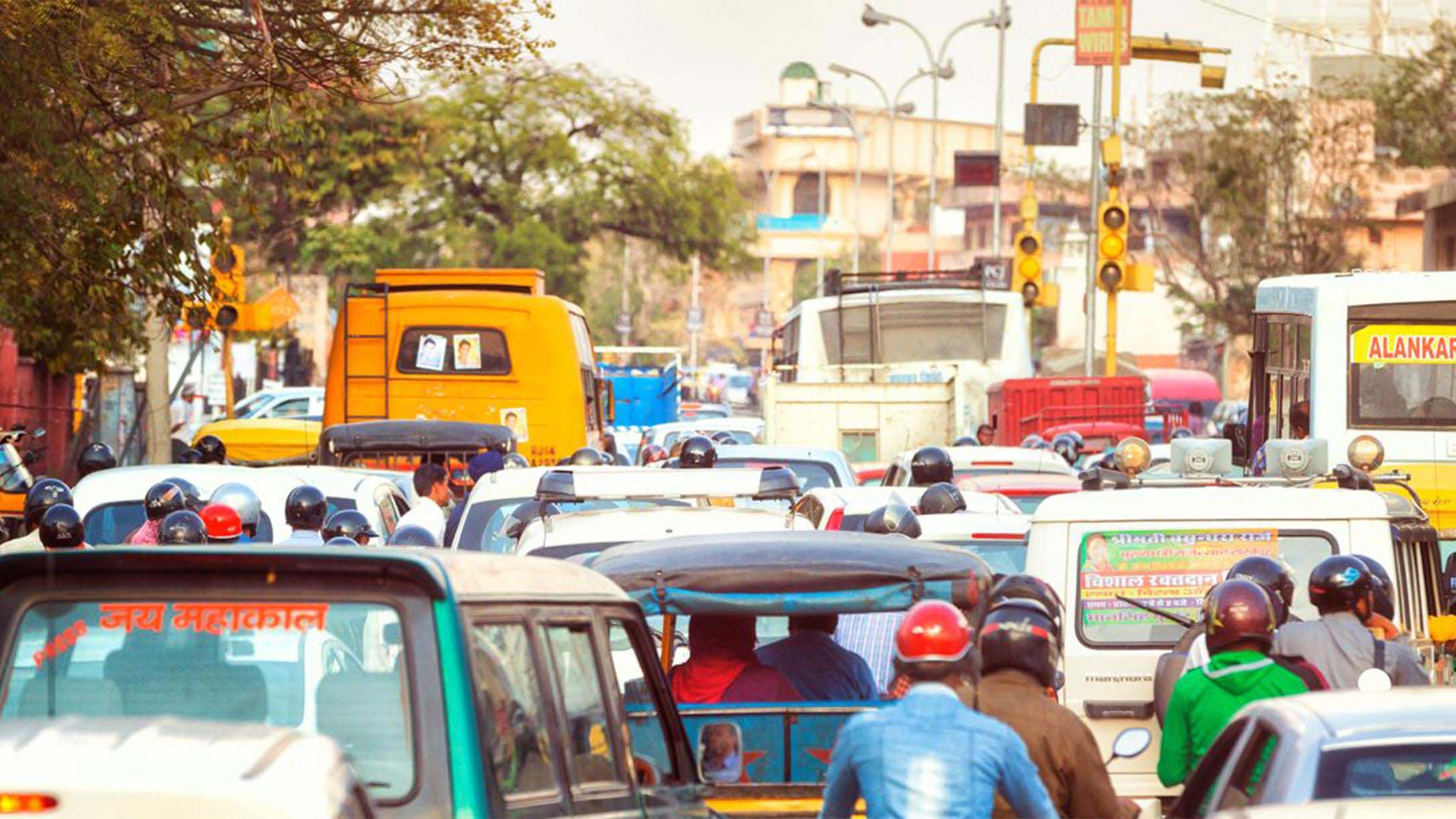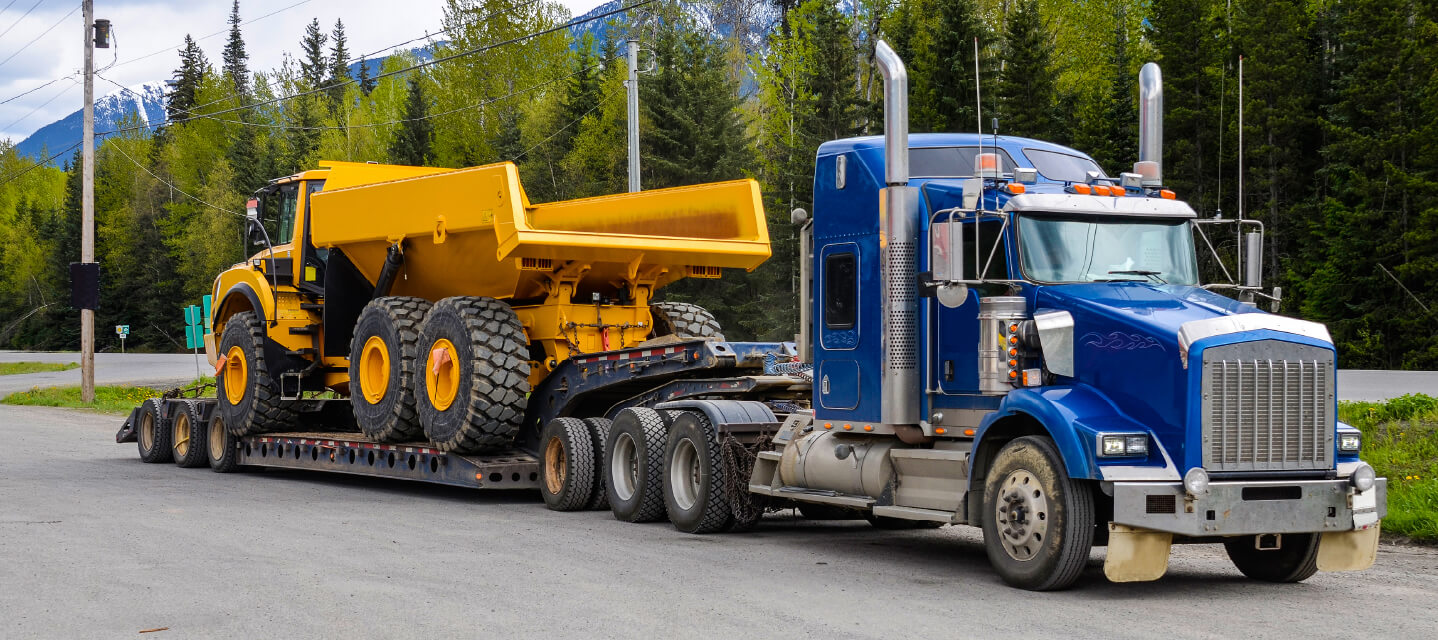The emergence of telematics in India
Telematics is one of the fastest emerging markets in India. Learn more about the current trends and opportunities in the world’s seventh largest country.

Being the seventh largest country by area in the world, with a population of 1.3 billion, India has one of the fastest growing economies. And with the car rental market in the country rapidly expanding, telematics is an emerging industry. Due to escalating fuel prices, the demand for vehicle navigation, and the fear of car theft, automotive telematics is needed more than ever in different parts of the world. In India specifically, automotive telematics is expected to exceed $500 million by the end of 2019.
Interest in telematics
Tech Mahindra, a company that provides IT services and consulting, conducted a survey with 2021 respondents to understand the buying behavior and level of awareness of automotive telematics technologies in India. Here are the findings:
- 90% of respondents preferred buying a vehicle with telematics capabilities (in a 4 wheeler)
- 45% of respondents deemed it necessary to use telematics for safety and security
- 65% of respondents are comfortable with sharing their location details and driver behavior with fleet managers
Government of India mandates GPS tracking for public transport
As of January 1, 2019, the central government in India introduced a new AIS 140 Motor Vehicles Order that requires all new public transport vehicles in the country (excluding taxis and rickshaws) to be fitted with location tracking devices and emergency panic buttons. The main purpose of this mandate is to increase safety for travelling passengers.
See also: Why China is leading the world in electric vehicle sales
Insurance premium incentives
On the roads in India, you can spot two-wheelers, three-wheelers, passenger cars and commercial vehicles. With the amount of cars combined with the large population of the country, insurance companies have begun offering discounts on insurance premiums.
The Insurance Regulatory and Development Authority of India (IRDAI) has endorsed telematics as a way for drivers to save money while staying safe and becoming more aware of their surroundings. Based on driving behaviors, a car with a telematics device installed can save up to 30% on insurance premiums. According to IRDAI, Indian motorists spent a total of $7.73 billion USD in 2016 on insurance premiums. If everyone installed telematic devices in their cars, the savings would have equated to $1.6 billion USD for consumers.
The future of telematics in India
Along with the current benefits being offered by the government, such as insurance premiums, residents may be able to receive further incentives in the upcoming future. Companies in India are beginning to realize that with telematics, they will be able to not only track their fleets, but also achieve efficiency and transparency in current processes. With an increase in the use of telematics in the country, India will be making a giant leap towards modernization and hopes to become a Smart City.
Telematics around the world
Outside of India, the importance of telematics continues to be seen across the globe. According to Mckinsey & Company, the telematics industry could grow as large as $750 billion by 2030. The two main reasons for this include:
- The need for connectivity and intelligence in vehicles is now being recognized more than ever by fleet managers.
- Governments have started getting on-board in the last few years to mandate specific telematics services which is increasing the economic growth for the industry rapidly.
Telematics allows business and government fleets to track the fuel use, speed, and idling time of vehicles, and much more. This can be used to help manage and improve driving behavior and road safety, strengthen compliance and increase efficiency. Implementing a fleet telematics solution can also help provide intelligence for strategic planning, whether that’s planning daily routes or right-sizing your fleet.
Related:
Keep residual value high with telematics
Subscribe to get industry tips and insights
The Geotab Team write about company news.
Table of Contents
Subscribe to get industry tips and insights
Related posts
Beyond tracking: Using telematics to improve customer experience
April 25, 2025
2 minute read

Geotab: Enhancing Student Safety with Data-Driven School Bus Fleet Management
April 25, 2025
2 minute read

Ultimate heavy equipment transport guide: Top tips and systems for fleets
April 21, 2025
6 minute read

Ultimate field service management software guide [benefits + options]
April 21, 2025
5 minute read

Building a world-class driver training program: Essential strategies for truckload carriers
April 15, 2025
4 minute read

Marketplace Spotlight: From Chaos to Clarity, Innovating Fleet Claims with Xtract
April 15, 2025
1 minute read